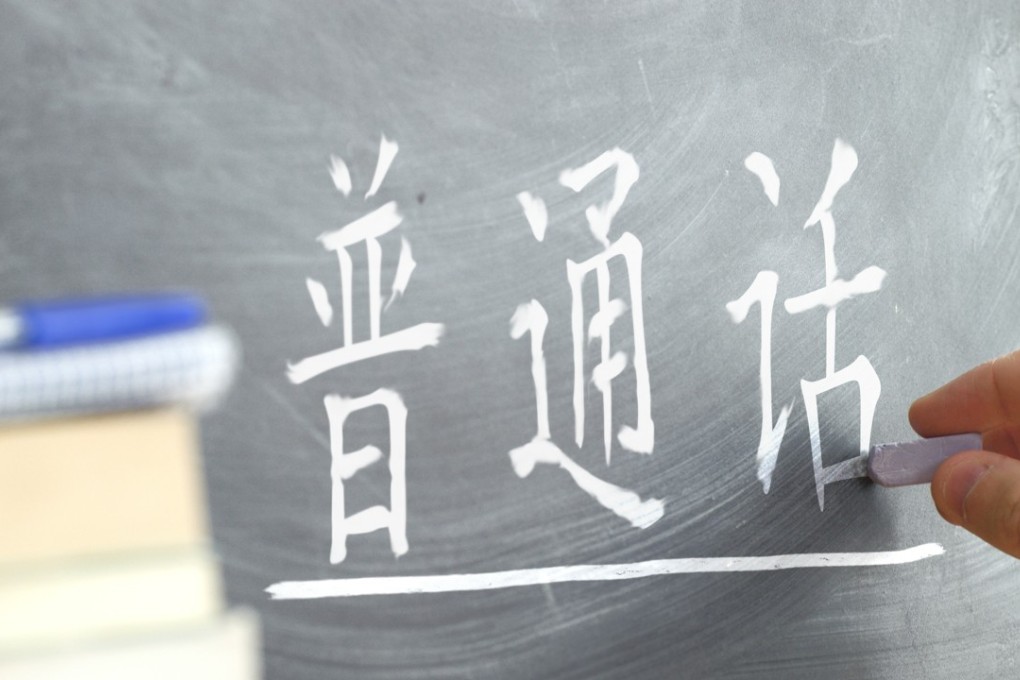Teaching aid: Alibaba tests AI system that can spot errors in written Chinese essays
The ‘natural language processing system’ may have applications in marking papers, assisted teaching or even proofreading, the company says

For teachers, marking piles of essays could soon be a thing of the past, at least if the results of a recent test of an artificial intelligence system developed by Chinese e-commerce giant Alibaba Group Holding are anything to go by.
In partnership with Zhejiang International Studies University, the Alibaba Institute of Data Science Technology’s (iDST) natural language processing AI system marked short Mandarin Chinese essays written by international students from six countries, including Russia, South Korea and Zambia, who were learning Mandarin as a foreign language.
Alibaba said that in about 5 seconds, the system was able to identify errors in the essays, including redundant words, wrong word selection, missing words and wrong word order.
The system was tested on essays written by non-native Mandarin speakers as there were more chances for it to catch grammatical errors compared to essays written by native speakers, a spokeswoman said.
The Chinese language is more challenging for artificial intelligence systems because, unlike most western languages for example, it does not have tenses or plural forms for nouns, according to Alibaba.
“The challenge of Chinese grammar diagnosis lies in the diverse grammar and extensive vocabulary found in the Chinese language. This makes it easier for Chinese-speaking humans to identify grammar mistakes, whereas machines require extensive data training before they can identify similar language errors,” said Si Luo, Alibaba iDST’s chief scientist for natural language processing.